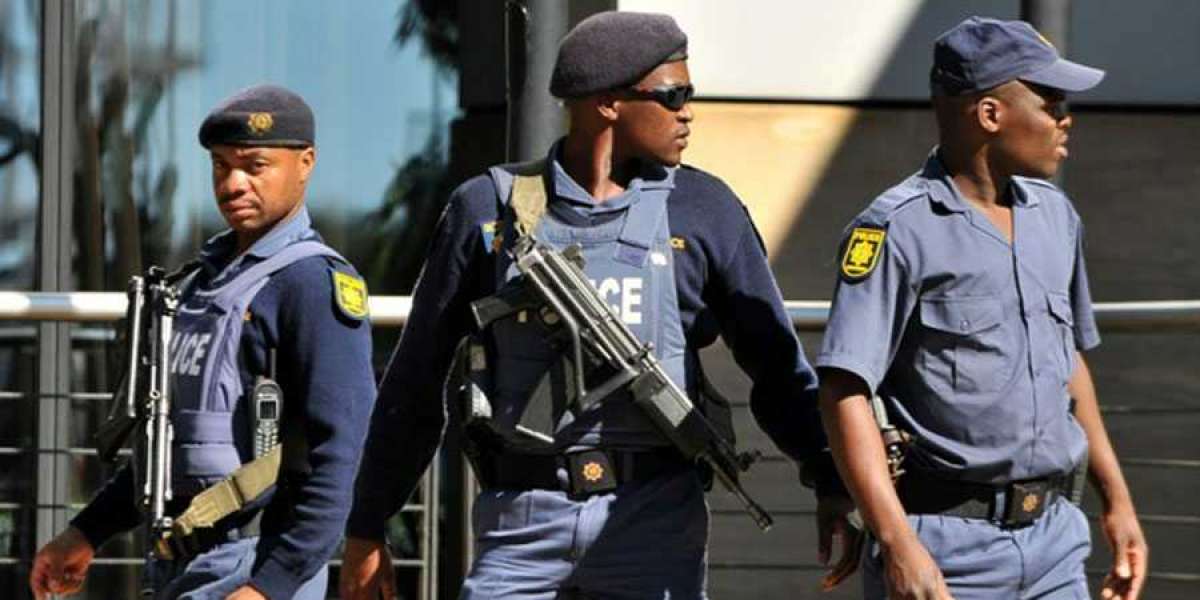The mobile network operator has been the sole cellular services provider of the police for the past two decades. Under the new deal, MTN will receive roughly R20 million per month for providing cell phones, modems, and uncapped data to South African law enforcement. According to the report, Vodacom challenged the tender award in the North Gauteng High Court in Pretoria. Vodacom applied for the contract to be reviewed and set aside during a hearing on 23 November 2022. Judgement on the matter was reserved. Vodacom argued that the Saps committee that considered Vodacom and MTN’s bids had misunderstood the network operators’ different ways of reporting population coverage and network availability during load-shedding.
Without load-shedding, Vodacom said its network avaialbility of the South African population was 99.9% as of June 2021. MTN’s said its network covered 99.1% of the population. Vodacom said it had admitted that its network availability had, at one point, declined to 86% during load-shedding. MTN purportedly provided no network availability statistics, stating only that its network was impacted by load-shedding. According to Vodacom, the police mistakenly counted its admission against its bid. The committee had interpreted it to mean that Vodacom’s coverage had permanently declined to 86% due to load-shedding, while MTN’s had remained at 99.1%. Vodacom said the committee’s mistake was even pointed out by a senior member of Saps, who found it strange that Vodacom’s network availability would be impacted by load-shedding, but not MTN’s.
However, in its answering affidavit, MTN disputed Vodacom’s claim that it had 99.9% network coverage, stating that this data was not backed up by any third parties. “Vodacom’s mere say-so about its alleged Network Coverage does not assist its case as it was required by Treasury to submit evidence through a third party illustrating network testing and the results thereof,” MTN said. “Vodacom has failed to adduce any supporting evidence for the alleged 99.9% network coverage.” The police’s answering affidavit also said that Vodacom had provided a network availability figure instead of the network coverage figure that it was asked to provide. Availability refers to what percentage of the time a mobile network is available, while coverage refers to the percentage of the population that has access to a network.
In addition to the issues raised around network availability, Vodacom said MTN was charging the police more for the contracts. It also argued that MTN charged more for devices on some accounts than what was allowed under the RT15-2021 contract. The previous RT15-2016 contract — which was in effect from 2016 to 2021 — gave Vodacom the exclusive right to provide cellular services to government employees. It offered enterprise-style bundling that had departments share data and voice minutes. The new transversal mobile communications services contract was entered into between National Treasury and the country’s four major mobile networks — Vodacom, MTN, Telkom, and Cell C — in April 2021.
The successful networks needed to provide 3G network coverage of at least 80% of the population at the start of the contract, with plans in place to grow to 100% coverage. The contract also contained specific details for packages that government employees would be able to opt for from each of the mobile networks. Under the deal, operators are supposed to provide uncapped data for SIMs used by government employees without any fair usage policy (FUP). Civil servants must also be able to buy devices on contract with uncapped data at a maximum price of R500 per month. Vodacom said MTN’s bid showed it would charge over R500 for some device contracts. This should have disqualified MTN from consideration, Vodacom argued.
MTN disputed this, saying that Vodacom’s price was not better than that which was proposed by MTN when viewed holistically. “The price that was proposed by MTN is in accordance with the pricing as per the transversal agreement,” the operator said. “Saps appreciated that, holistically viewed, MTN’s packages offered better value for money considering Saps’ needs.” It also argued that where its device contract prices did exceed R500, they did not form part of the applicable categories of services described by the RT15-2021 contract. “The R500 limit does not apply and is confined solely to categories 1A and 1B Services,” MTN said. The first category refers to SIM and device bundles, while the second is for SIM-only packages. A third category — 1C — allows for contracts with only the device.
Saps told Rapport its decision was not based on any points system but motivated by the police’s needs. While it acknowledged that Vodacom’s prices were more affordable, it said its decision was based on MTN’s network coverage and prices. It also argued that the bidding process for the police’s contract had been concluded by the time the RT15-2021 contract was finalised. In addition, “only” 60 to 80 senior managers in the police would receive the more expensive iPhones. MTN told MyBroadband that because the case was an ongoing legal matter, it could not comment further at this stage. Vodacom did not respond to our query by the time of publication.








